Podcast: Play in new window | Download
Subscribe: RSS
Dan Sullivan is an Executive Vice President at Cambridge Investment Research and brings over 30 years of industry experience. Previously an advisor, he is now focused on leading strategic initiatives that support advisors in efficiently growing their independent businesses. He has been instrumental in providing guidance and oversight for many of Cambridge’s strategic offerings, including the Cambridge Retirement Center along with Client Solutions, Wealth Strategies, and Practice Management.
Takeaway Quote:
“You’re helping them manage their emotions, not just their investments.”
Show Timeline:
1:20 How Dan got started in financial services
His time as a financial advisor, and the move to the executive world
4:58 How Dan began to “institutionalize” his client relationships
And his advice to other advisors looking to make the same transition
9:27 What Dan sees as the most important aspect when choosing a niche
And how having a niche affects referability
11:52 The translation of a passion into niche
Finding comfort and confidence in the niche as you build your business
17:37 Using these principles to build trust in client relationships
Creating communications and processes that are reliable and repeatable
22:54 How the right processes can differentiate an advisor
Understanding the role of standardization and customization
24:15 Recent changes in how advisors communicate these ideas
The importance of properly articulating what an advisor really does for clients
26:07 What gets in the way of getting the message across
The habits, challenges, and myths in the industry
29:17 Looking to the future
What Dan predicts will and will not change in the industry in the years to come
31:50 The role of fiduciary rules in this context
The changes that have taken place already, and the balance being struck as the dust settles
Links:
LinkedIn: https://www.linkedin.com/in/dan-sullivan-58681829/
Want more?
Stephen Wershing: www.TheClientDrivenPractice.com/checklistblog
Julie Littlechild: www.absoluteengagement.com/blog
Episode Transcript:
Steve:
Welcome to Becoming Referable, the podcast that shows you how to become the kind of advisor people can’t stop talking about. I’m Steve Wershing. In this episode, we talk with Dan Sullivan, Executive Vice President of Cambridge Investment Research. Dan joined the senior management of Cambridge with 30 years’ experience as a financial advisor. He now focuses on leading strategic initiatives that support advisors in efficiently growing their independent businesses.
We talk with Dan about developing a niche that reflects your authentic self, how building on your skills and passions serving a population with meaning to you helps you convey the excitement you have about what you do. He describes the importance of developing the next generation of advisor in your business from both a continuity and a marketing point of view.
And we talk about how the financial service business has evolved, raising the significance of expanding your value proposition and being more articulate about your desire to help clients accomplish their goals. Dan has been there and done that. In addition to working with thousands of advisors, he can share with us his experience of having a successful business transition to the next generation of advisors. Please enjoy our conversation with Dan Sullivan.
Dan Sullivan, thanks for joining us on the Becoming Referable Podcast.
Dan:
Good afternoon. Great to be here.
Steve:
Now you are one of the top couple executives at Cambridge Investment Research, one of the most successful independent broker/dealers, but your background is as an advisor working directly with clients. Can you tell us a little bit about the path that you took and how you got … maybe even how you got into the business and then eventually how you got over into the broker/dealer management role?
Dan:
I’d love to. The business is always about a bunch of things. It’s about the relationships you develop throughout your career and it’s also about right place, right time, or in the right place at the right time, however you want to phrase that. I think that has been the evolution of a lot of individuals as they go through their life cycle. I got into the business as an accident myself.
I graduated college with a science degree and science degrees were not paying a whole lot. I had started a family, so I eventually ran into a friend who was in the financial services industry. Convinced me it was the greatest career ever and the rest is history from the beginning, so it was the right place at the right time to be open to the consideration.
I guess as time progressed, I did that for many years and an opportunity … you create relationships with friends, obviously. Some of my greatest friends through the years have been advisors that I’ve met and have been with. One of those people’s name was Jim Guy, who had moved over to Cambridge probably about five or six years before me and eventually took a management role himself.
We remained very close friends and spent a lot of time together. I could see his excitement and rejuvenation of doing something different than just being an advisor himself. Then all of a sudden, I get a call one holiday morning and he said, “I got a business proposition to discuss with you.” It was typical to many kind of business conversations. It had nothing to do with me, it just had to do with a business question.
The question was, “What do you think if you’d come to spend some time with the executive board at Cambridge?” Again, it was one of those times in my career, I’d been in the career a long time and it was a transition period. I had already started to, what I called, institutionalized my book of business.
I could have, either transition it or have more time myself to do things that were more flexible than being the relationship to everyone and every one of my clients. It was a little bit of right timing on that side and it was a lot of intrigue on the other side. The intrigue was I had never done anything different in my life other than starting right out of college into the financial services.
The intrigue was always, what it would have been like if I did something different? Not understanding what that would really portray, but I was staying at least in a career path that I was, at least from a field perspective, knowledgeable and had had some success but certainly from a business perspective, was going to look at it in a totally different light.
It was a little bit both times, right place, right time, and I think it was, again, seeded in a relationship that went back about 30 years of friendship. Interesting enough, our CEO and president now had her origin at the same firm Jim and I did as well. There again is the connection that ties the balance of things together.

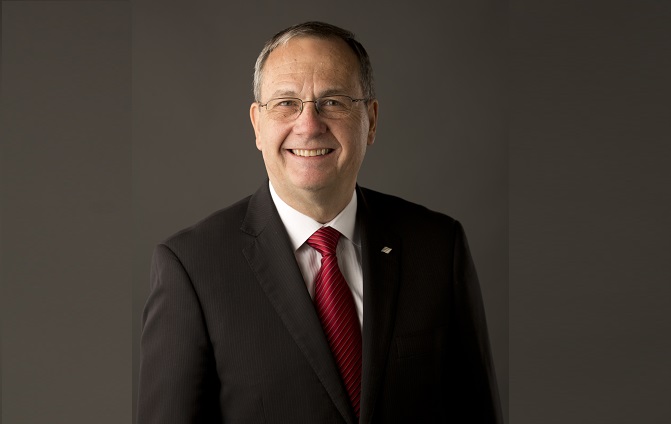

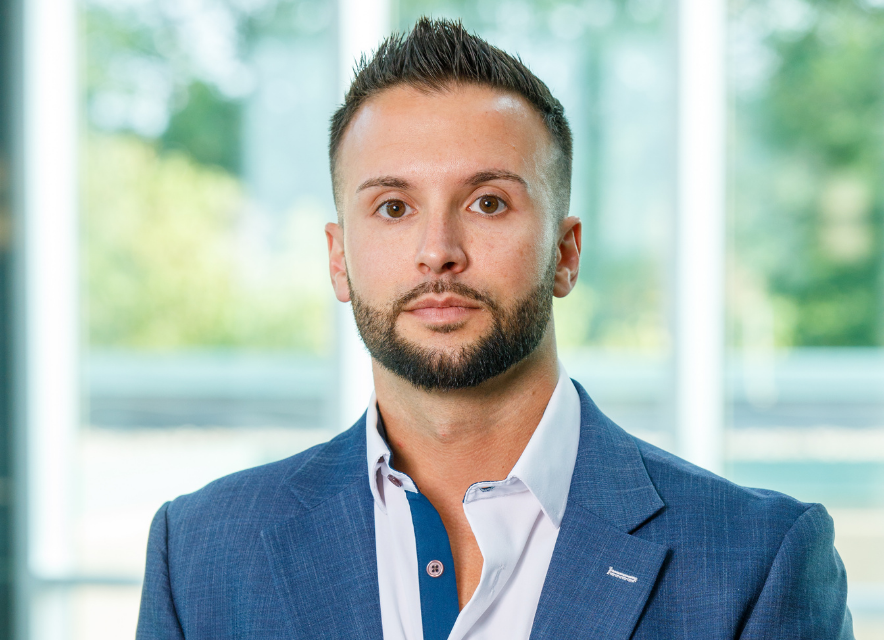
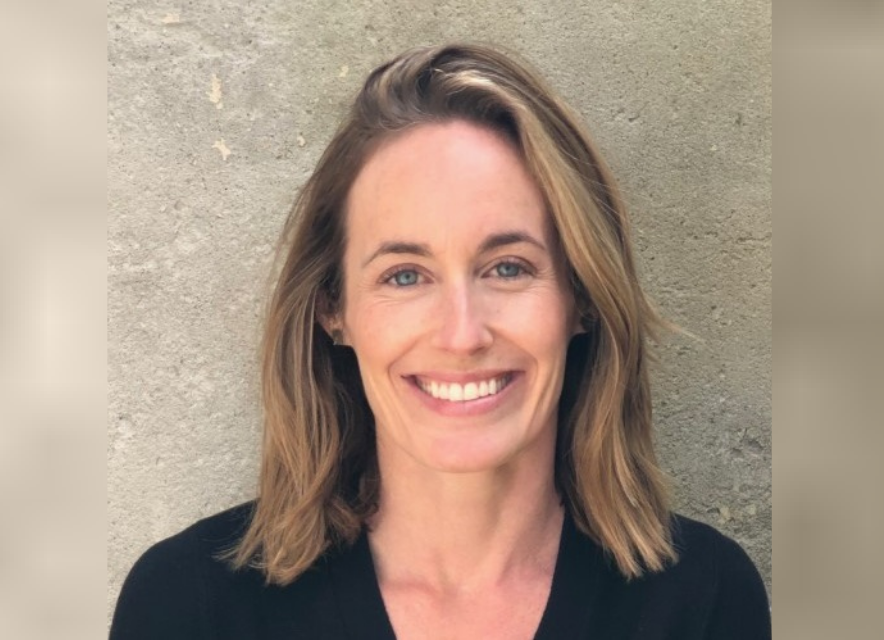
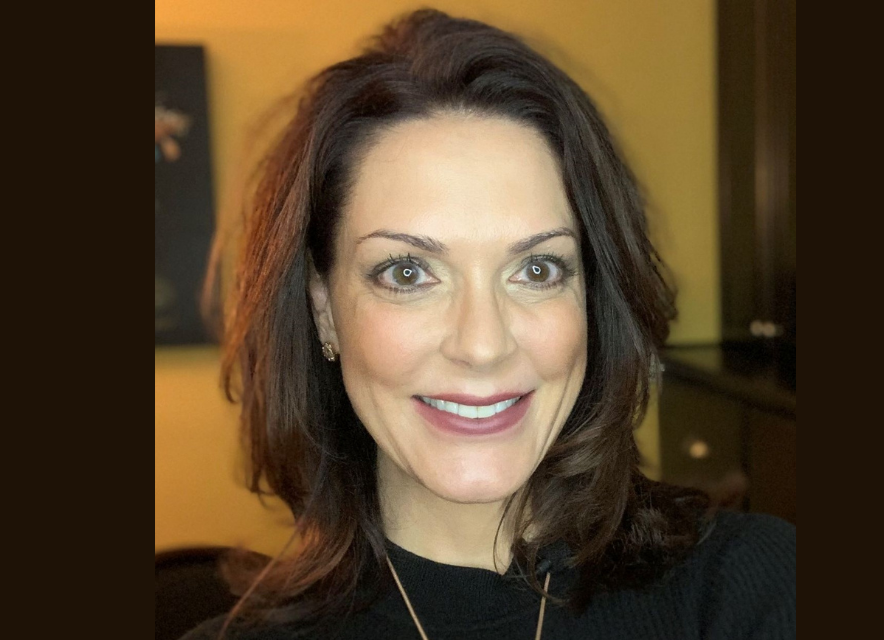
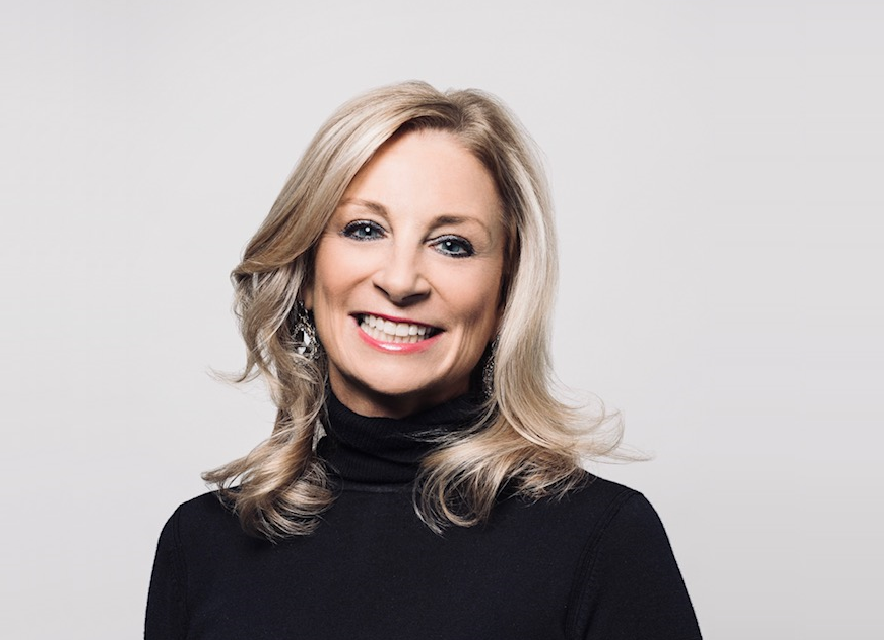
Leave A Comment